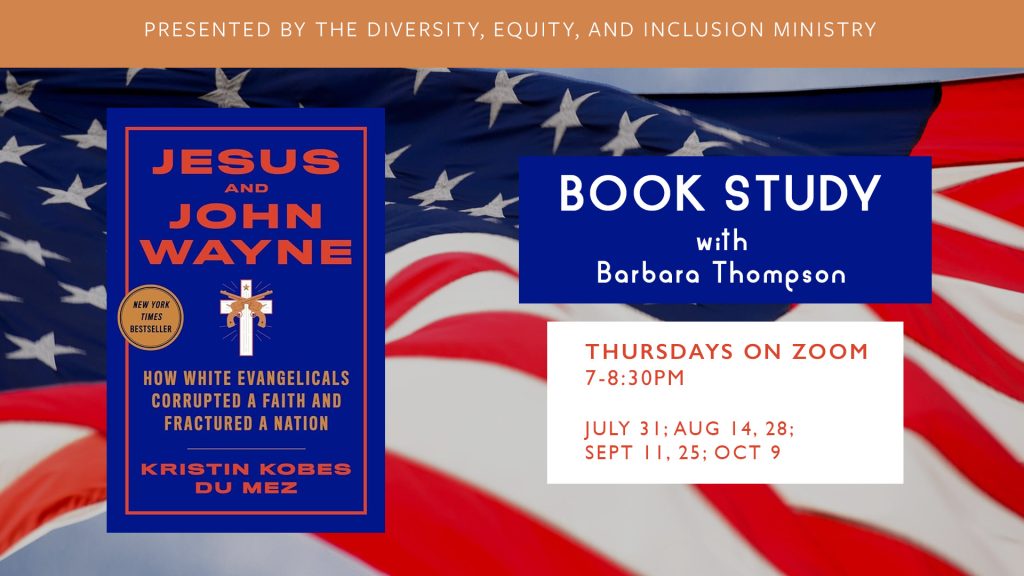Welcome to our first weekly devotion in the Amos Series. Over the next 9 weeks, the church will be reading together the 9 chapters from this prophetic book and unpacking it together in worship, in our Sunday School classes and in our small groups. If you haven’t joined a small group yet, it isn’t too late and one is starting this Sunday from 10-11am in between the services. If you haven’t already, please download the reflection journal with weekly guides to read ahead of time before arriving to worship each Sunday. It is our hope that you will read ahead of the Sunday’s sermon and come with your own insight, questions and convictions from your weekly study. Click here to learn more about this series!
During the pastoral weekly devotions, the pastors will be unpacking characters critical to the story of Amos. About 100 years before Amos started prophesying, the Northern and Southern Kingdoms had split, and Amos lived close to the borders in the middle of both Kingdoms. At the time of Amos, Jeroboam, son of Jehoash was the leader of the Northern Kingdom. He was considered a military leader who had won new territory and generated wealth. But, in the eyes of the prophets, he was one of the worst kings ever because his wealth had led to apathy and idol worship, which led to injustice and the neglect of the poor.
Let’s learn a little more about King Jeroboam and what his character might reveal for us. Jeroboam lived and ruled from 785-745 BCE, so roughly 40 years. He was the 13th King to rule over the ancient Kingdom of Israel in the 8th century. What immediately struck me as I sought to learn more about this character is not that he was particularly good or bad, as that could be decided by the perspective of the writers of history, but how one defines success. How would you define a successful ruler? Would success be defined as acquired wealth, more materialism, military power, increased natural resources or influence? Or would you define success in other ways? How, for instance, would you gauge a successful president or Prime Minister? How would one be a successful business owner, pastor or community leader? How do you define a successful marriage, family, raising of children and overall a successful legacy?
For me, the character of Jeroboam begs the question of defining success. Over the last 2 months I have had the privilege of facilitating a Parenting Class during the discipleship hour from 10-11am on Sunday mornings. The book we are reading and studying together really calls into question what raising a “successful” child really is. Is a successful child growing to adulthood about getting good grades, acceptance to the top schools, star team player, and eventually providing for themselves? Or is success about their character, their integrity, their ability to be kind and brave and ultimately to be a shining light of Christ’s love in this broken world? As you might guess, “success”, in the upside Kingdom is different than what was displayed by King Jeroboam in the 8th century. While the world may look at a military leader who has acquired much wealth and allowed everyone to worship their own gods as a “successful” leader, the book of Amos tells a different story. We will come to find out together that the “successful” ruling of Jeroboam lead to a divided nation that worshipped gods of their own choosing, paid little attention to the morality of how the wealth was acquired, created a hypocritical religious class of people and ultimately neglected the poor. And so, it didn’t take long for God to use the prophet Amos to speak a convicting truth to the people under his leadership and not more than 40 years later were they conquered by an even more evil and brutal enemy, the Assyrians.
My prayer for us today as we make this holy word a part of our own story is to begin asking the questions about success.
- Do the leaders in your life exemplify success that is of God’s Kingdom, or the Kingdom of this world?
- As you look back on your life and evaluate success, has your definition changed and if so, why?
- Have there been things in your life that felt like a success in the midst of it, but later you learned had missed the mark?
- Can you look back and see things that felt like failure actually redeemed and restored by God’s grace that later seem like success?
May God add God’s blessing to the reading and praying through of this word.











